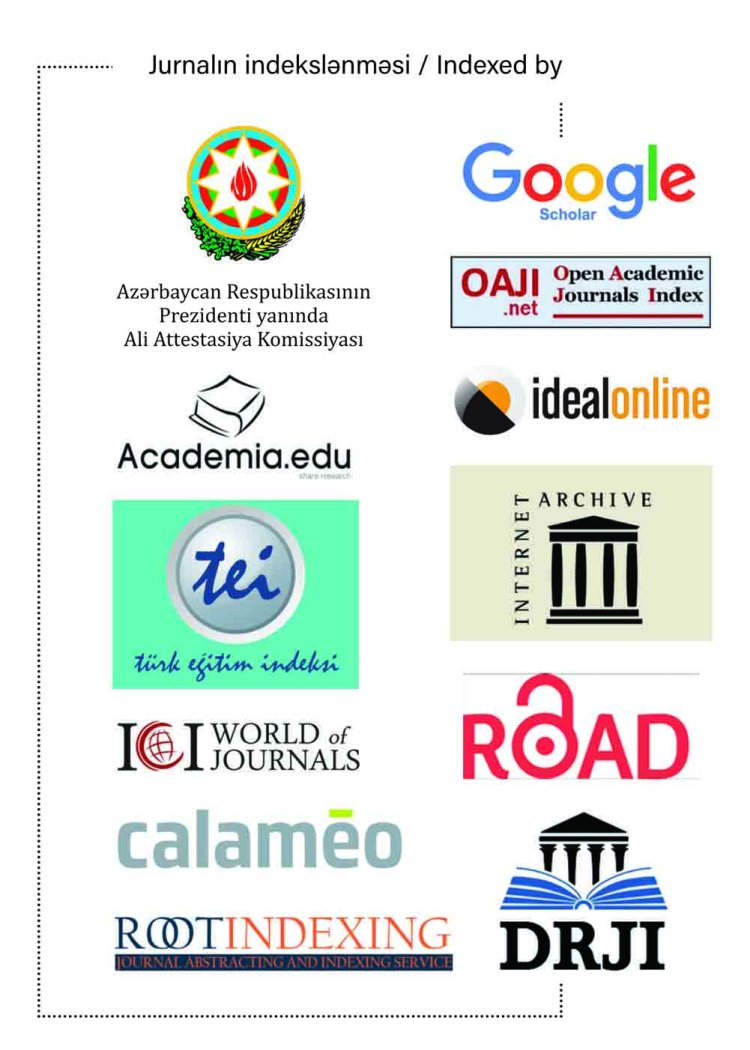PHILOSOPHICAL FOUNDATIONS OF UPBRINGING
SHAHLAR ASGAROV
The article attempts to comprehend the philosophy of education to unravel some of its mysterious knots. For this purpose, the concepts of education and upbringing are analyzed within the dimensions of space and time, and the differing missions and aspects of their subjects are evaluated through synectic thinking.
The unchanging philosophical premise for all levels of education is expressed as follows: a child born with personal interests must be transformed into a bearer of public interests through teaching and upbringing. It is also stated that the philosophy of different levels of education should be partially distinct. Based on this philosophy, the curriculum should be designed to ensure that a child who begins first grade with personal interests completes the general education stage as a proponent of public interests.
It is believed that neither education without upbringing nor upbringing without education can be effective. It is emphasized that upbringing is no less significant than education in shaping the younger generation.
The article highlights that the role of the mother in the upbringing process is born with innate talent depending on the mother’s level. It was the mother who was first and foremost fortunate to see in childhood people who later became recognized as great personalities. While we know those who naturally thrive, the number of geniuses lost without justifiable reasons is much higher. Attention to mothers must be increased many times over to ensure that we do not lose brains born with talent in the future. Upbringing is the foundation of both education and culture. The differences between nations are linked to upbringing. It is believed that the influence of upbringing on national identity is greater than education.
A glass filled with liquid is proposed as a model for the teaching and upbringing process. According to this model, upbringing represents the form, while education embodies the content. In other words, upbringing represents the structure of the process, while education represents the content.
The article stated that every student embodies both personal and public interests. The total sum of these interests equals one, and the ratio of public to personal interests reflects their level of maturity.
Maturity depends on upbringing. Research suggests that, although humans are born driven by personal interests, they should aim to leave the world as selfless advocates for public interests.
Despite various reforms in our country’s education system in form and content, much work remains. This article focuses on the role of upbringing with the intent of uncovering the essence of education. It examines the scientific foundations, philosophy, and roles of the participants involved, employing a non-traditional method known as the synectic approach.




